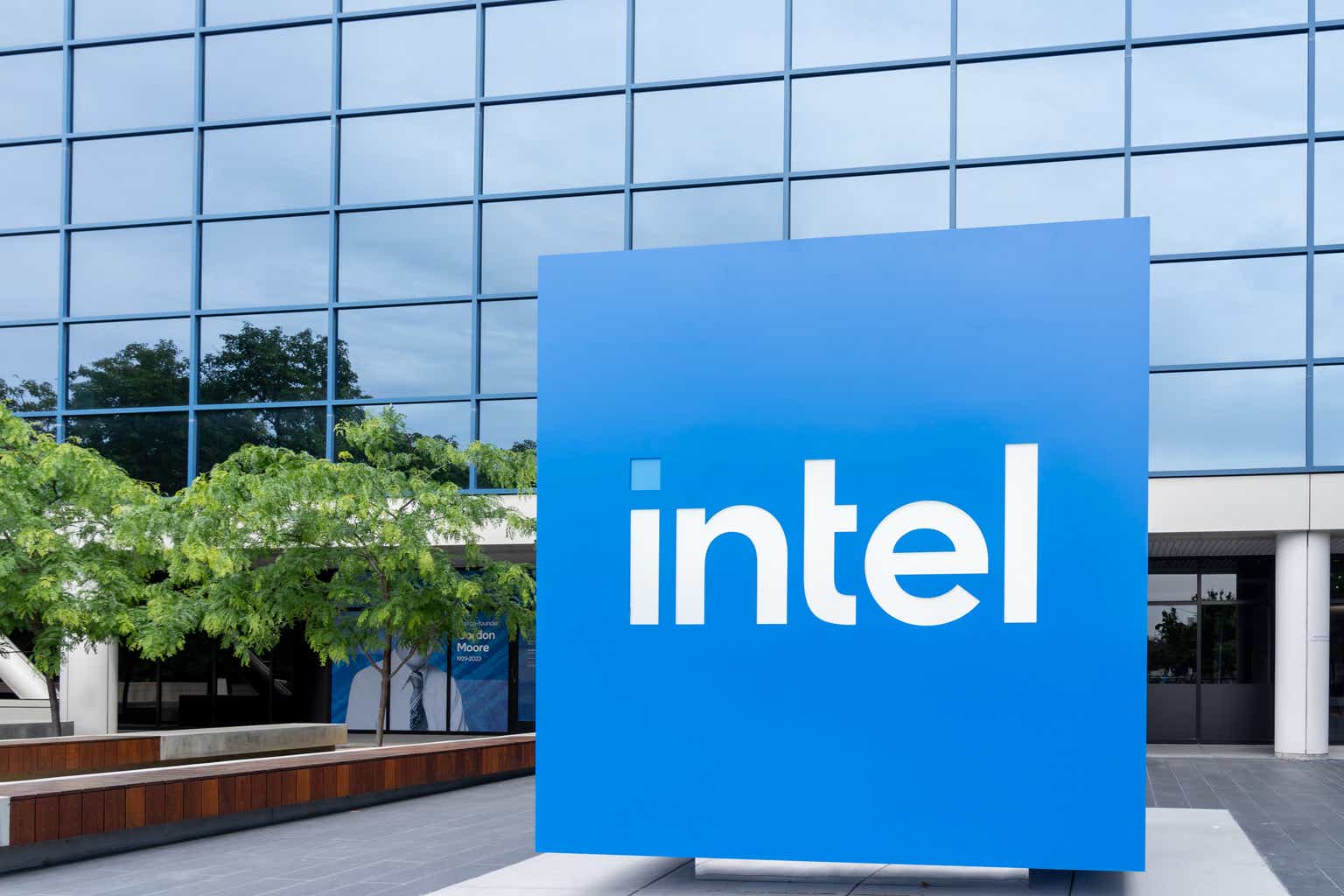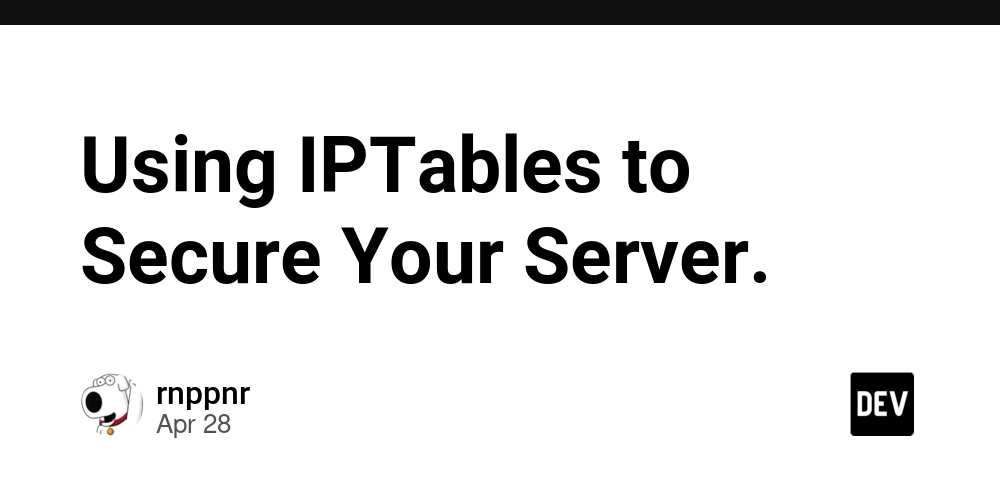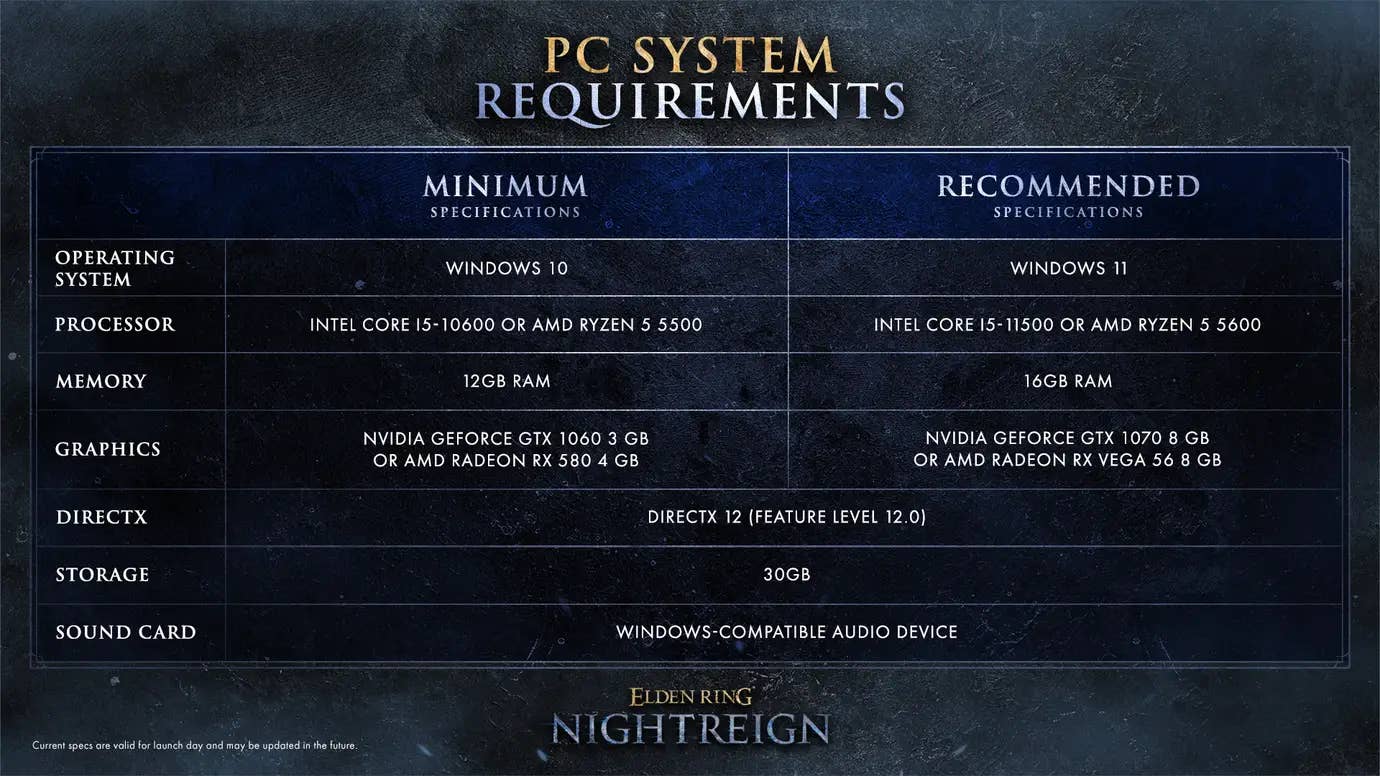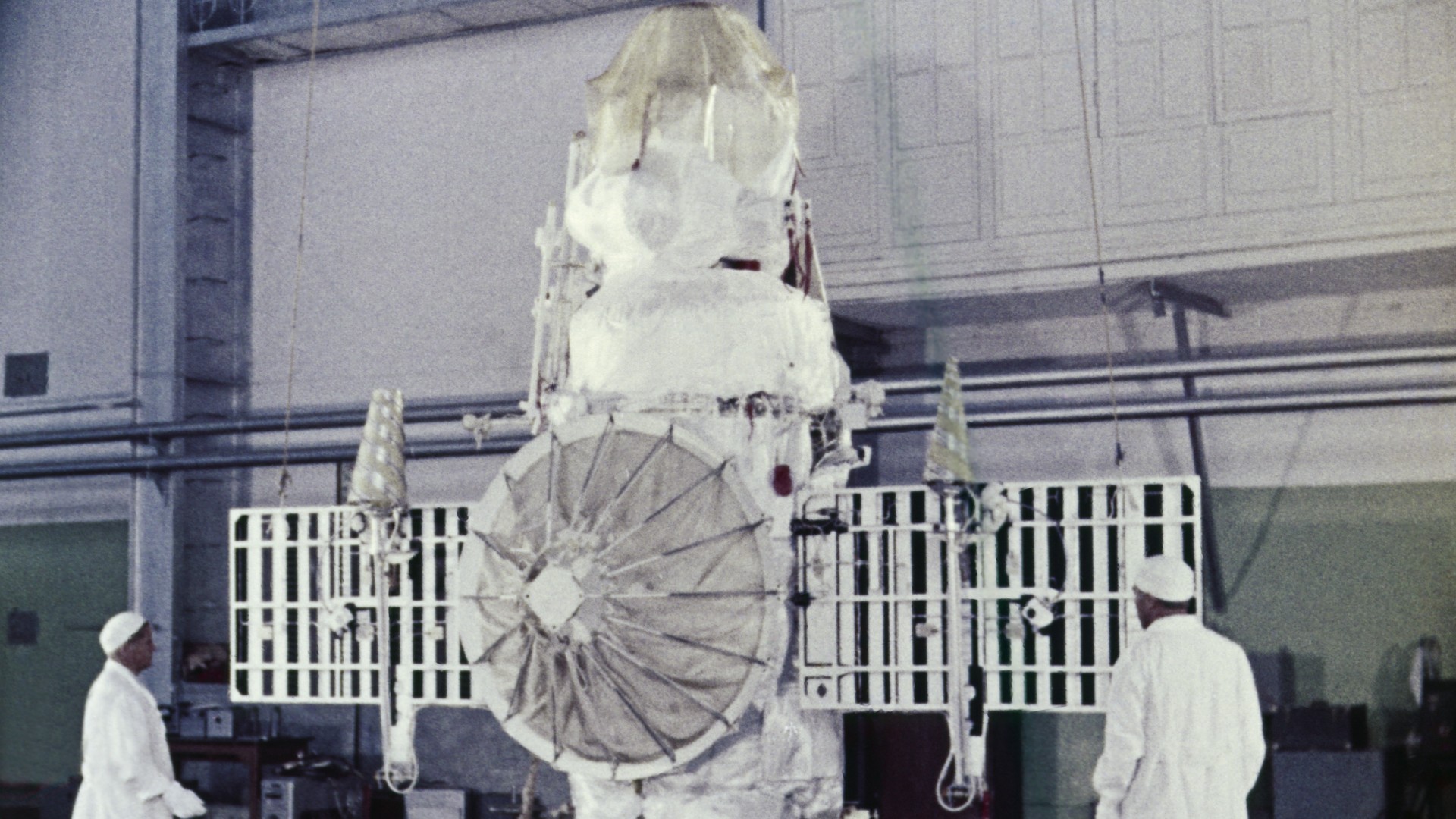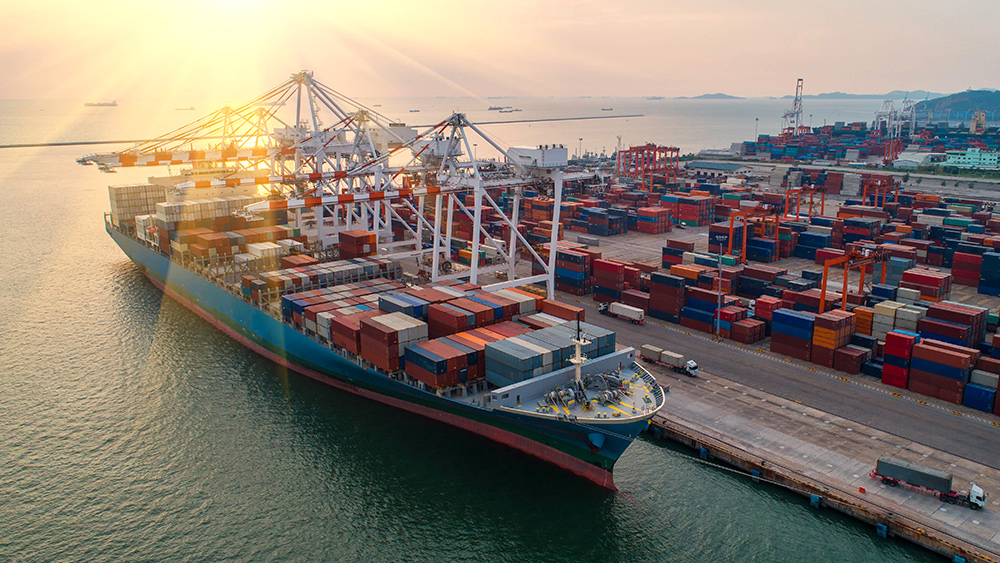The Fast Lane to Software Failures: Why We Need a New Approach
In today’s tech world, the phrase "move fast and break things" is practically a badge of honor. It's like the Silicon Valley equivalent of "hold my beer"—and yet, much like that famous phrase, it often ends with something broken (and possibly on fire). The problem is, when you prioritize speed over quality, you end up with software that’s more “oops” than “awesome.” At first, it seems tempting—ship quickly, get feedback fast, and iterate even faster. But here's the thing: just because you're sprinting doesn’t mean you’re not running straight into a wall. In fact, you're probably tripping over bugs, creating tech debt, and making a mess of your codebase that even your future self will regret. It’s like trying to build a house in a day: it might stand for a few hours, but good luck if a strong wind blows through. What's worse? This mindset encourages a "fire-fighting" culture. Developers spend more time putting out bugs than actually building cool features. It's like being a chef who spends all day cleaning up spilled soup instead of cooking dinner—at some point, you just want to throw the ladle out the window. The solution? Slow down a little. It’s not about being in a hurry, it’s about making sure you actually have something worth hurrying for. Let’s start building software that’s well-tested, well-architected, and doesn’t fall apart the second someone touches it. After all, if you keep speeding through the software lifecycle, you’ll eventually crash—and no one wants their product to be the tech equivalent of a fender bender. So here’s a new mantra: "Build well, ship smart." Because the only thing worse than slow progress is having to redo everything later. Let’s not race to failure.

In today’s tech world, the phrase "move fast and break things" is practically a badge of honor. It's like the Silicon Valley equivalent of "hold my beer"—and yet, much like that famous phrase, it often ends with something broken (and possibly on fire). The problem is, when you prioritize speed over quality, you end up with software that’s more “oops” than “awesome.”
At first, it seems tempting—ship quickly, get feedback fast, and iterate even faster. But here's the thing: just because you're sprinting doesn’t mean you’re not running straight into a wall. In fact, you're probably tripping over bugs, creating tech debt, and making a mess of your codebase that even your future self will regret. It’s like trying to build a house in a day: it might stand for a few hours, but good luck if a strong wind blows through.
What's worse? This mindset encourages a "fire-fighting" culture. Developers spend more time putting out bugs than actually building cool features. It's like being a chef who spends all day cleaning up spilled soup instead of cooking dinner—at some point, you just want to throw the ladle out the window.
The solution? Slow down a little. It’s not about being in a hurry, it’s about making sure you actually have something worth hurrying for. Let’s start building software that’s well-tested, well-architected, and doesn’t fall apart the second someone touches it. After all, if you keep speeding through the software lifecycle, you’ll eventually crash—and no one wants their product to be the tech equivalent of a fender bender.
So here’s a new mantra: "Build well, ship smart." Because the only thing worse than slow progress is having to redo everything later. Let’s not race to failure.





